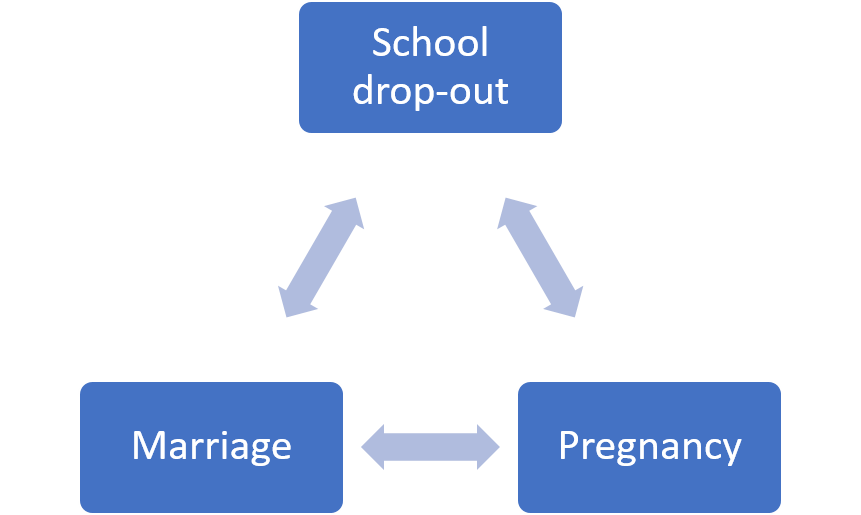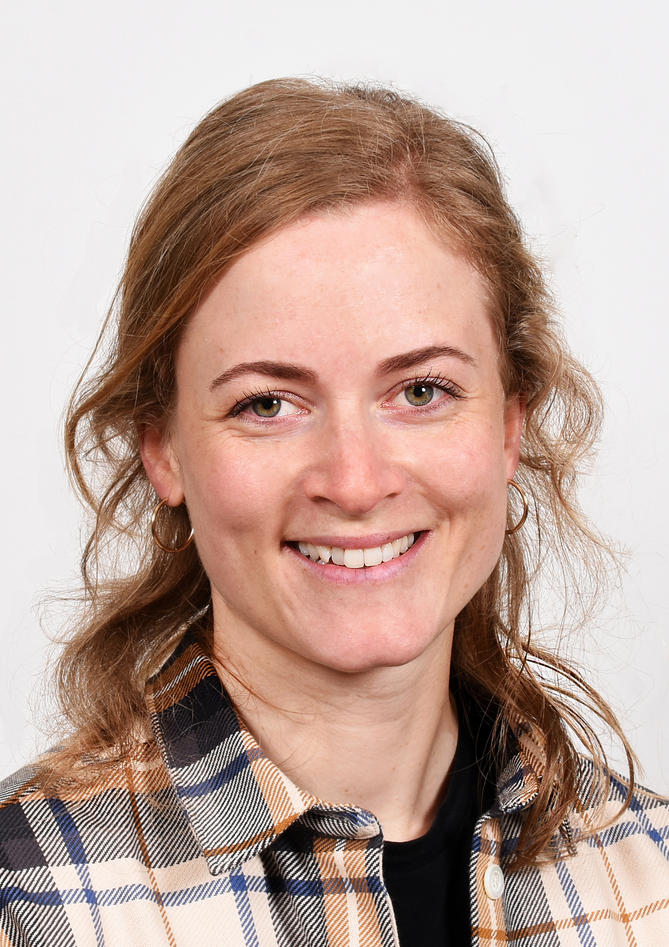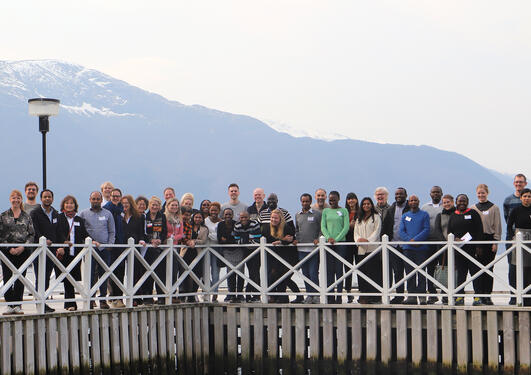Hanne Keyser Hegdahl: Young women’s sexual and reproductive health behaviour, beliefs and risks in a sub-Saharan African setting
PhD Candidate Hanne Keyser Hegdahl’s work studies factors contributing to young women’s sexual and reproductive health behaviour, attitudes, beliefs and risks in a sub-Saharan African setting.

Main content
Hegdahl is a medical doctor, and started her research career as part of the Medical Student Research Programme, during which she published her first paper. She is now a PhD Candidate at the Centre for International Health and her project is part of many efforts to address some of the health related challenges faced by young women in sub-Saharan Africa
Targeting the most vulnerable
Young women in the sub-Saharan African region are particularly vulnerable to poor sexual and reproductive health outcomes. They have high rates of early pregnancy and the HIV prevalence in young women is twice that of young men. In addition to school drop-out, poor reproductive health knowledge, gender inequality and low levels of contraceptive use, poverty is considered to be a driving factor of young women’s sexual and reproductive behaviour.

Establishing a baseline
Hegdahl’s first paper aimed to examine changes over time in the female: male HIV prevalence ratio in 18 countries in the sub-Saharan African region. Her data analyses aimed to generate an overview as well as providing details such as whether the gender disparity in HIV prevalence varied by area of residence, educational attainment and marital status. The data was taken from the nationally representative household surveys, the Demographic and Health Surveys (DHS), conducted in the period between 2001 and 2014.
The results showed that young women continue to be the most vulnerable group for becoming HIV infected in sub-Saharan Africa. This situation has not changed much over the period of these DHS surveys and underlines the need to develop effective interventions that will target this vulnerable population.
Targeting young girls
Hegdahl’s next papers will focus on specific interventions to address her overall goal of examining factors that contribute to young women’s sexual and reproductive health behaviour, attitudes, beliefs and risks in Zambia. This is part of a larger, cluster-randomised controlled trial entitled “the Research Initiative to Support the Empowerment of girls (RISE)”, which involves 4 900 adolescent girls in Zambia. RISE is the first study undertaken in Zambia to evaluate the combination of unconditional cash transfers with community dialogue, including sexual and reproductive health education.
Hegdahl’s work within RISE will examine the effectiveness of economic support with or without a community intervention on two different outcomes: (1) sexual behaviour, knowledge and norms (article 2) and (2) early marriage and socioeconomic inequality in early marriage (article 3). This research includes some of the first analyses of the results from the RISE trial, and the results of the study will hopefully provide valuable information for policy makers in Zambia.




